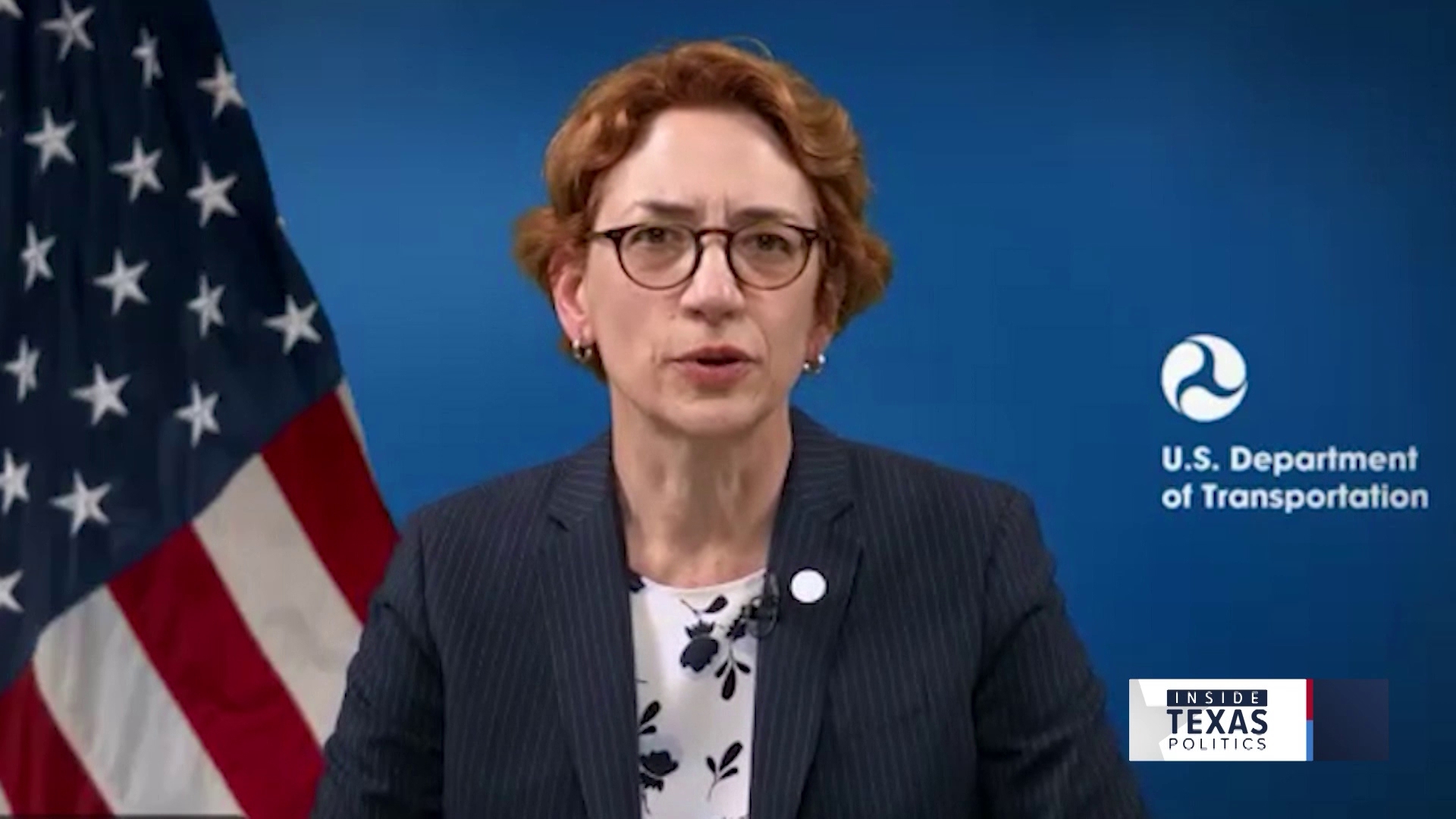DALLAS —
The Trump effect
Inside Texas Politics begins with former President Donald Trump, and the deadly violence his supporters committed at the U.S. Capitol in January.
This past week, Congress began hearings on it, and a Texan was supposed to take part - until House Minority leader Kevin McCarthy, a Republican, yanked him and others off in protest to Speaker Nancy Pelosi's Congressman Troy Nehls.
But Texas Congressman Troy Nehls, a Republican who represents parts of Fort Bend and Brazoria counties outside Houston, said he doesn't think that was a mistake for McCarthy to do so.
"In the history of this institution, in over 230 years, it's never happened where the speaker has rejected the picks form the minority," Nehls said. "So, really, quite honestly, when she rejected two, she rejected all five."
But that' not the only area of influence the former president's presence is felt in Texas.
Trump suffered another defeat last week when North Texans voted against a candidate he endorsed for congress.
Trump backed Susan Wright for Congress, but Jake Ellzey - another Republican - won. Is Trump less influential than Republicans believe? Did the Trump endorsement backfire on Susan Wright?
"I think a lot of people thought that, without much other info, that Republicans would vote for Donald Trump, but turnout was really low, and there was some evidence that Democrats showed up for Jake Ellzey because of Donald Trump," explained Ross Ramsey, the co-founder and executive editor of the Texas Tribune. "It puts a ding in Trump's armor, but we'll have to see the results of a full, normal election before we know if he still has his mojo."
Politics of COVID
We've all let our guard down since the vaccine came out. But doctors in Dallas County released a concerning forecast the other day: COVID-19's Delta variant is spreading quickly in North Texas, and unless something changes, Dallas County's hospitals could fill up - even surpass last winter's record.
But what might change?
Gov. Abbott refuses to mandate masks and has further restricted what local authorities can do. So, what options remain for local leaders across our state? For Dallas County Judge Clay Jenkins, the main option is to "encourage and get our community to work together," he said, while accusing the governor of letting politics drive his decision-making on controlling the virus.
"The governor's decisions are based on polls of how people who are likely to vote in his primary next year feel about issues," Jenkins said. "The CDC's recommendations are based on data and science and are made by people who have spent their entire adult lives preparing for advising us in this moment."
But it's not just at the local level that Abbott has been accused of using COVID-19 to make political decisions. He also grabbed headlines when he issued an executive order last week outlawing ground transportation of migrants who pose a risk of carrying COVID-19. Abbott even ordered state troopers to stop and search vehicles.
U.S. Attorney General Merrick Garland suggested this is ripe for abuse and called Abbott's order dangerous and unlawful; he also filed a lawsuit in response. Some accuse Abbott of wanting attention on the border - rather than the virus - as he tries to improve his reputation with the Republican base.
"He's going after the border on the basis of COVID," observed the Tribune's Ramsey. "It's really interesting. He says the migrants are spreading the disease and that's why they need to stop these carloads of migrants. The question is: how do you identify if it's a carload of migrants? How do you know if it's a carload of Hispanics, or they're citizens or not?
"The protest against this is that it's racial profiling and it's illegal," Ross continued. The Department of Justice and the US Attorney General apparently agree with that assessment."
College conference shakeup
On Monday in Austin, 11 state senators will gather to talk sports.
This is a select committee that Lt. Gov. Dan Patrick organized. Why? Because many state lawmakers are furious at the University of Texas for leaving the Big 12 and joining the SEC.
State Sen. Beverly Powell is on the committee. She's a Democrat who represents Texas Christian University in Fort Worth.
What's the political gain in putting up a political fuss now? Does it go anywhere? Could lawmakers have really stopped this, if they had found out about it earlier?
"Our legislature makes decisions about funding higher education," Powell said. "I think that equally as important as allocating resources is oversight, to make sure that we protect all of our universities in the state of Texas, and we make decisions that strengthen all institutions."



